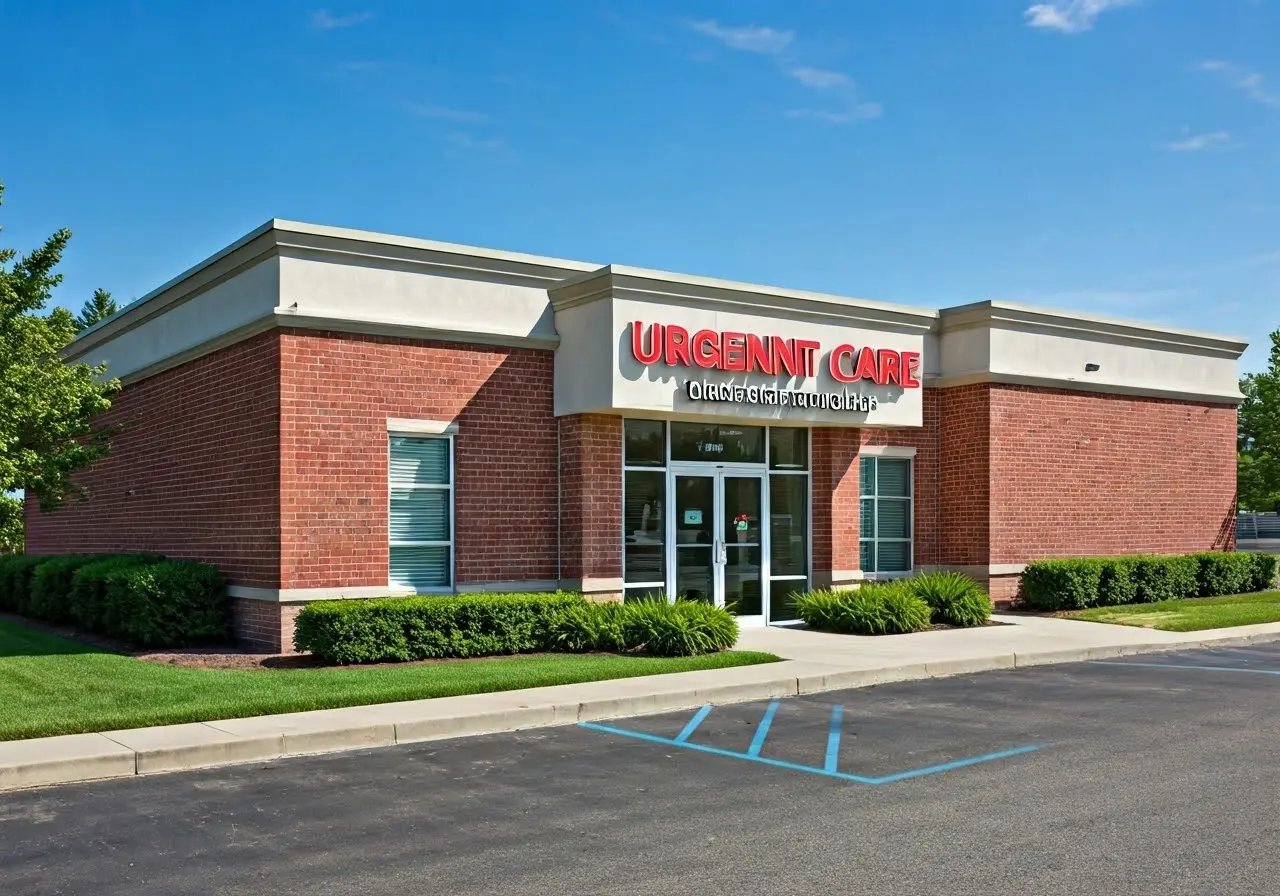When you’re faced with a non-life-threatening medical issue, local urgent care centers can be a convenient and efficient option. They serve as a bridge between your primary care doctor and the hospital emergency room. This FAQ blog will guide you through the essentials of opting for local urgent care visits.
What is Urgent Care?
Urgent care centers are designed to handle medical conditions that require prompt attention but aren’t severe enough to warrant an emergency room visit. They offer an array of immediate, outpatient care services, often with extended hours. These centers bridge the gap between your primary care physician and the emergency room by providing care when traditional doctor’s offices are usually closed, such as evenings and weekends. Their focus is on accessibility and efficiency, providing patients with timely medical attention for sudden health concerns.
Unlike emergency rooms, which are intended for life-threatening issues, urgent care centers cater to ailments that, while requiring prompt care, do not pose an immediate threat to life. For example, they can treat minor cuts, allergies, flu symptoms, or mild fractures. This makes them an excellent choice for situations where immediate action is necessary, but calling an ambulance isn’t.
When Should You Visit Urgent Care?
Consider visiting an urgent care center for issues such as minor injuries, cuts, sprains, flu symptoms, or mild infections. They are great for when your regular doctor’s office is closed, or you face longer wait times there. Urgent care centers excel in handling these types of non-life-threatening conditions quickly and efficiently. If you find yourself wondering whether your situation requires urgent care, assess the severity; if it’s not an emergency but cannot wait until your GP is available, urgent care is likely the best option.
According to CityHealth, signs you should visit urgent care include situations like excessive bleeding, severe flu symptoms, or suspected broken bones. If your condition worsens or you’re unsure about your symptoms, it’s safer to opt for urgent care to prevent complications.
During flu season, many people are uncertain about where to seek relief. Urgent care centers are equipped to manage worsening flu symptoms and other common ailments, offering quicker relief than waiting for a primary care appointment.
What Services are Offered at Urgent Care?
Urgent care centers typically provide services like X-rays, lab tests, vaccinations, treatment for minor fractures, and more. Know that offerings may vary between centers, so it’s worth checking ahead of time. Most centers are designed to handle a wide range of medical needs quickly and efficiently, making them a versatile option for healthcare seekers.
Local urgent care services in East Bay also offer unexpected services like physical exams and even some travel vaccinations, highlighting their role as a comprehensive healthcare resource. The ability to receive diagnostic testing and minor treatments in one visit can significantly reduce the need for multiple healthcare appointments.
For those who are particularly busy, urgent care clinics offer a convenient solution to receive preventative care services like health physicals without the hassle of long wait times typical in traditional doctor’s offices.
How to Prepare for a Visit?
Before visiting, bring your ID, insurance card, and list of any medications you’re taking. Many centers offer online check-in to shorten your wait time, so take advantage of that if possible. Having this information ready ensures that your care is efficient and accurate, and you’ll be able to focus on discussing your condition with healthcare providers without additional stress.
Being prepared means considering the information urgent care centers might need. Make a note of your regular medications, allergies, and a brief medical history. This documentation can speed up your visit and ensure you receive the best care possible.
What to Expect During Your Visit?
Expect to be evaluated by a healthcare professional, who will diagnose and treat your condition. Wait times are generally shorter than the ER, but can fluctuate based on the patient load at the time. Clinics are typically well-organized, ensuring a streamlined process from check-in to consultation. Your visit is designed to be efficient, with a focus on addressing your immediate health concerns thoroughly.
Most visits conclude within an hour, making it a swift alternative to much longer ER visits, as highlighted by CityHealth. Information regarding your diagnosis and treatment is usually provided clearly, allowing you to understand your health situation and the steps you’re taking to resolve it.
How Does Insurance Work at Urgent Care?
Most urgent care centers accept a variety of insurance plans and offer self-pay options. It’s wise to verify which insurances are accepted and understand potential out-of-pocket costs beforehand. You can often find this information on the urgent care center’s website or by calling ahead. Understanding your coverage helps avoid surprises and allows you to make an informed decision about seeking care.
Many clinics provide transparent pricing structured for those without insurance, maintaining their accessibility to a wider patient base. According to Premier Family Medical, urgent care visits are typically less expensive than emergency room visits, making them a cost-effective option for non-emergency healthcare.
Final Thoughts
Understanding local urgent care can save you time and stress when unexpected health issues arise. By knowing what services they offer, how to prepare for a visit, and when to choose urgent care, you can make more informed decisions about your health. Next time you’re in need of quicker, non-emergency care, you’ll know exactly what to expect.





